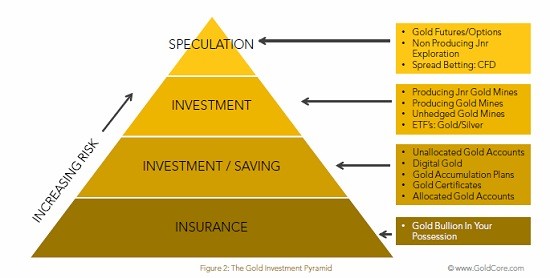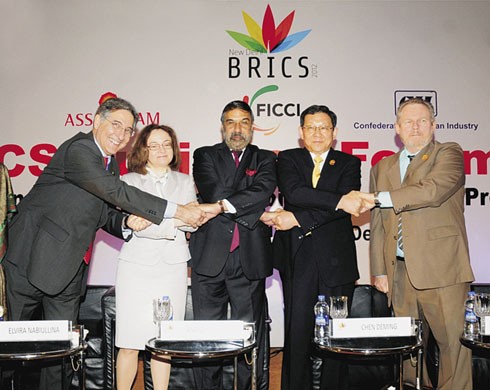Investment in Russia v in India the pros and cons
Post on: 16 Март, 2015 No Comment

Software outsourcing industry has positive prospects in both countries, but, nonetheless, we at Outsourcing-Russia.com believe that the Russian one is the preferred candidate for investments.
By Alexey Filimonov and Alexey Shonin, Outsourcing-Russia.com
Jul 16, 2002
Software outsourcing industry has positive prospects in both countries, but, nonetheless, we at Outsourcing-Russia.com believe that the Russian one is the preferred candidate for investments.
To justify this viewpoint, we will focus on three issues: prospects for growth, geopolitical risk and ROI.
Prospects for growth
Worldwide spending on information system (IS) outsourcing exceeded $65 billion in 2001 and are expected to reach $100 billion by 2005 (IDC). Two major consumers of outsourcing services are the USA and Western Europe respectively. According to IDC, the US-based companies will spend $44 billion on IS outsourcing in 2005, while Western Europe will spend $26 billion.
Approximately 18% ($12 billion) of this spending falls at offshore contracts. Particularly, US-based companies have spent $5.5 billion on offshore outsourcing services and the amount will more than triple by 2005 ($17.6 billion, according to IDC).
All of the global IT outsourcing market, including the large Indian component, has been facing temporary but acute challenges in a recessionary global economy that was impacted by Sept. 11th and its aftermath (Gartner Group).
Security issues of all kinds have come to the fore. Blue chip clients for outsourcing are typically spreading their development activities among several sources in order to minimize risks. In this connection the Gartner Group and others record a growing readiness among this clientele to outsource their software development in Eastern Europe, where Russia is a major player.
Russia has all the prerequisites for taking these new contracts. It has more personnel working in R&D than any other country in the world and ranks 3rd in the number of scientists and engineers per capita. According to the World Bank, Russia has one million specialists waiting in the wings who are capable of quickly joining its IT sector.
The domestic outsourcing industry is maturing. Currently, more than 250 Russia-based companies are active in offshore software development. The major software development centres (Moscow, St.-Petersburg, Novosibirsk) have adequate telecommunications infrastructures. The leading Russia-based software companies have 150+ permanent staff, established quality assurance and are building their presence in the USA and Western Europe by opening sales and marketing branches.
At least a dozen major international companies have established offshore development centres in Russia. These include Motorola, Intel, Sun, Boeing, LG, Lucent and Nortel.
Other advantages are competitive labour costs, proximity to Western Europe and good transportation links to the USA, a shared European culture and history that facilitates cross-cultural understanding.
Global risks
Indian strengths in software outsourcing are well-known, so we will be brief here. The Indian software industry is a decade older than Russia’s and has gained a world-wide reputation for its software development resources. Bengalore vendors have strong business ties with the Indian diaspora in the USA. It is no exaggeration to say that Indian experts hold leading positions in the US IT-sector.
Indian companies have proven their commitment to quality. The majority of companies worldwide which have achieved CMM Level 5 are located in India.

However, the IT industry in India today faces geopolitical risk that has come to weigh on procurement decisions of even its faithful foreign clientele. There is the ongoing sabre rattling between India and Pakistan over Kashmir and other border flash points. An outbreak of war has seemed close several times in the last year. And there is also the unrelated but still real anxiety of frequent business travelers to the region that Al Qaeda of nearby Afghanistan and Pakistan has not been totally vanquished and exposes them to unwanted risks.
Meanwhile, Russia’s standing in the geopolitical risk scorecards of management consultancies have gone in the opposite direction from India’s these past 18 months. The economic and political climate has stabilized and improved during President Vladimir Putin’s first term in office. Putin enjoys popular support in his domestic constituency as well as an increasing respect in the international community.
Russia’s debt and credit ratings are improving. Standard & Poor’s recently revised its outlook for Moscow and St. Petersburg to positive from stable and affirmed its B+ long-term credit and debt ratings on the two cities. Major legislative, regulatory and legal reforms planned and/or underway as well as rapid adoption of international accounting standards suggest stronger prospects for continued improvement of Russia’s economy, international standing and general business climate.
Political and legislative changes are beginning to exert a positive influence on the Russian offshore software development industry. The Russian government is planning to introduce tax privileges for software developers and IT specialists. Other programs including incubators to train new entrepreneurs and cooperative research programs such as the Russian Ministry for Economic Development’s recently announced $2.6 billion Electronic Russia Program are taking shape. There is a growing understanding of the role the industry should play in a modern Russian economy. The authorities, media, industry and academic communities now agree that offshore software development is one of the markets where Russia must be competitive.
ROI
Russia today is like India ten years ago. We can expect to see the same skyrocketing growth and new stars — Russian Wipros and Tatas. Today Russian vendors do not have wide access to capital and this is an excellent opportunity for a prospective investor to buy today at a low price what will be expensive tomorrow.
In our opinion ROI on Russian investment will be higher than in India. However, before one can make his decision, a strict due diligence procedure should be applied.
Finding an appropriate candidate for investments in Russia is another challenge. We at Outsourcing-Russia.com are ready to assist a potential investor in finding a company that will match your expectations.
Annual survey of the Russian software export industry (2014)














